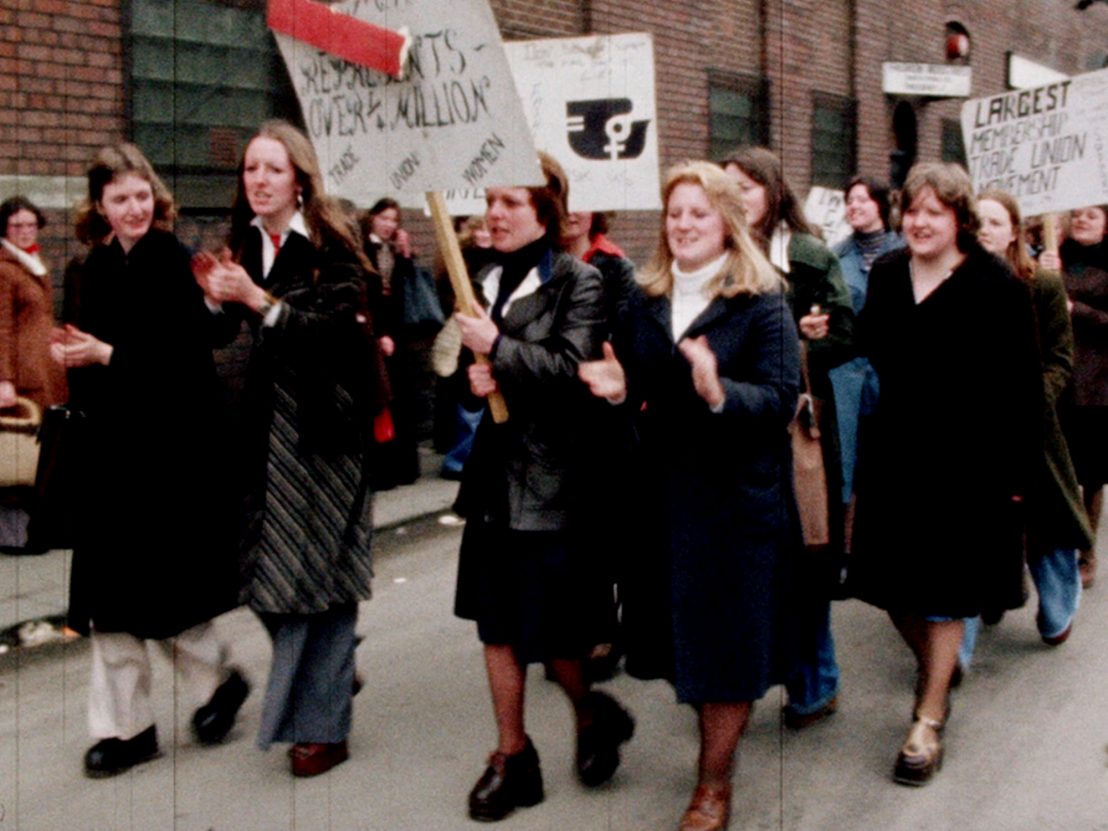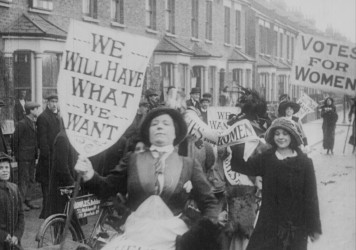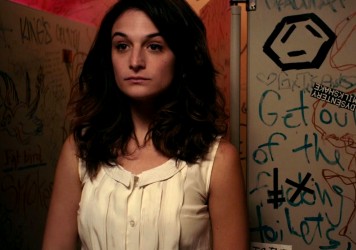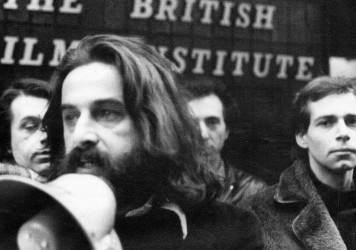
When Deborah Parker, chief executive of Cinema for All, decided she wanted to commission an archive film about 100 years of rebellious women in the north, she headed to the BFI Mediatheque at Manchester’s Central Library. Based on the fact Emmeline Pankhurst was born in the ex-industrial city and the north was awash with miners’ strikes in the 1980s, Parker was sure she’d find hours of footage of women raising their voices in protest. What happened was quite the opposite.
“I thought there’d be loads of stuff,” recalls Parker, “but when I put the search terms in, I was completely appalled to see three hits coming back for ‘suffrage’.” It was the same story when she spoke to archivists at the Yorkshire, North West and North East Film Archives. “Women securing the vote was a huge thing and of course we know the story through films like Suffragette, but there is so little actual footage. It wasn’t that women weren’t doing extraordinary things, it’s that no one was shooting any footage of them.”
From that moment, Parker’s film took on a different trajectory. The hour-long project was reduced to a 15-minute short, not just due to the lack of footage but because it became imperative that the film packed a punch with the most uncomfortable clips at the forefront. And in order to ensure we don’t see another 100 years of hidden female protesting, Parker has launched a scheme inviting women to add their voices to the archive. “We want to try and get people to both celebrate and think about the women that fought to secure our rights, but also consider their own place in this continuing story. I wanted to inspire women to tell their own stories or tell the stories of women that are close to them or important to them.”
The final film, Vote 100: Born a Rebel, begins with elderly suffragette Elizabeth Dean announcing, “Between you and I, I think I must have been born a rebel!” It’s a statement that sets the tone for a film that traces the continued struggle for equality since the first woman entered a voting booth in 1918. The archival gems capture women working in manufacturing during the war, yelling down megaphones, standing on the picket line and singing with defiance.
Crackly cine film and blurry video recordings are overlaid with statements from women confessing they were “scared stiff” about entering work or living like a “robot” when a housewife. Carefully selected music bolsters the spirit of the visuals; “Can you feel it / Bring it on / Come together everyone” plays over students waving banners and marching in protest.
Of course, the archive also houses evidence of the oppression women have had to face. In an extended scene of women sewing, typing, preparing dinner and rearing children, voices comment “a pretty secretary she’ll make somebody one day” and “there are those who will always maintain that a woman’s place is in the home. It is here, sheltered from the storms and stresses of the outside world, that she achieves her highest vocation. Without children her life would be incomplete.” The real kicker is that this scene follows the War, when women were striding about in uniform and operating machinery.
“Women are only really able to step out of their comfort zone when it serves a greater purpose,” notes Parker of this pattern of progression and regression. “You can’t step out of your little box when it’s for your own development and satisfaction, but because there’s a war. I think it was the same in the 1980s, miners’ wives were saying very similar things. They had stepped up to support their striking husbands and partners, but when the strike was over they were expected to get back in the kitchen and go back to the status quo. I want to know how we break out of this?”
In a quest to answer this question, Parker and the Cinema for All team have booked a number of special screenings of Vote 100: Born a Rebel, creating space for discussion, debate and creativity. Even if the answer is evasive, it is clear that collecting women’s voices provides a compelling narrative when it comes to the fight for equality. “We are half the population of the globe, so we are a force! Let’s support each other and when you hear that something has come out by a female filmmaker even if you’ve not heard of her, go and see it. Support people who are trying to tell women’s stories and tell your own story too.”
Vote 100: Born a Rebel screens in Durham, 3 November at Shakespeare Hall. For the full tour dates, and to find out more about adding your voice to the archive, visit cinemaforall.org.uk
Published 2 Nov 2018

A collection of early Suffragettes films – some great, some not so much.

Bleak stats aside, women are making positive steps towards equality.

By Sam Thompson
Radical socialist filmmaker Marc Karlin emerged as a key counterculture figure in the 1970s and ’80s.